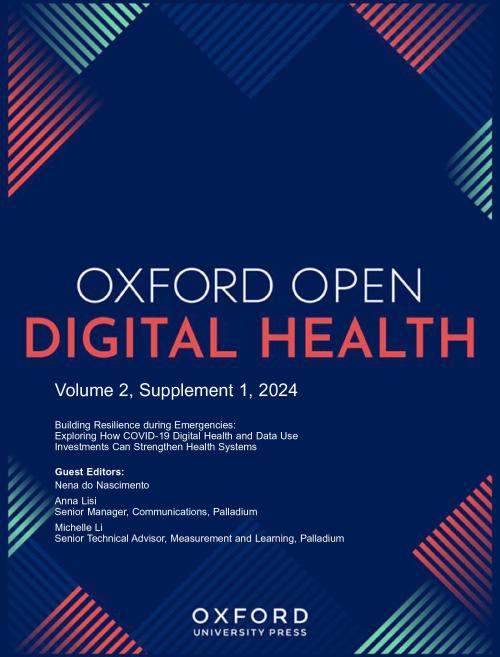There is limited research on how emergency investments can support national health information system strengthening both for a given health emergency response and for routine health program areas. A collaborative group of organizations, including CHISU, using digital solutions for health studied USAID global COVID-19 vaccine delivery investments made in 11 countries during the emergency phase of the pandemic.
This study examined the effect of COVID-19 vaccine digital investments on advancing national digital health system architectures in Burkina Faso, Indonesia, Mali and Suriname. The study found that although USAID’s COVID-19 vaccine digital investments in Burkina Faso, Indonesia, Mali and Suriname did not contribute to the development of formal national digital health architecture documentation, progress was made in strengthening components of national digital health architectures, specifically around standards and interoperability and around governance. Progress was also made in motivating government stakeholders to invest in formal digital health transformation efforts. Lessons learned from this study suggest that connecting investments in system development and enhancement with investments in governance and infrastructure can improve country data management processes and data use for decision-making in routine health and emergency responses.
